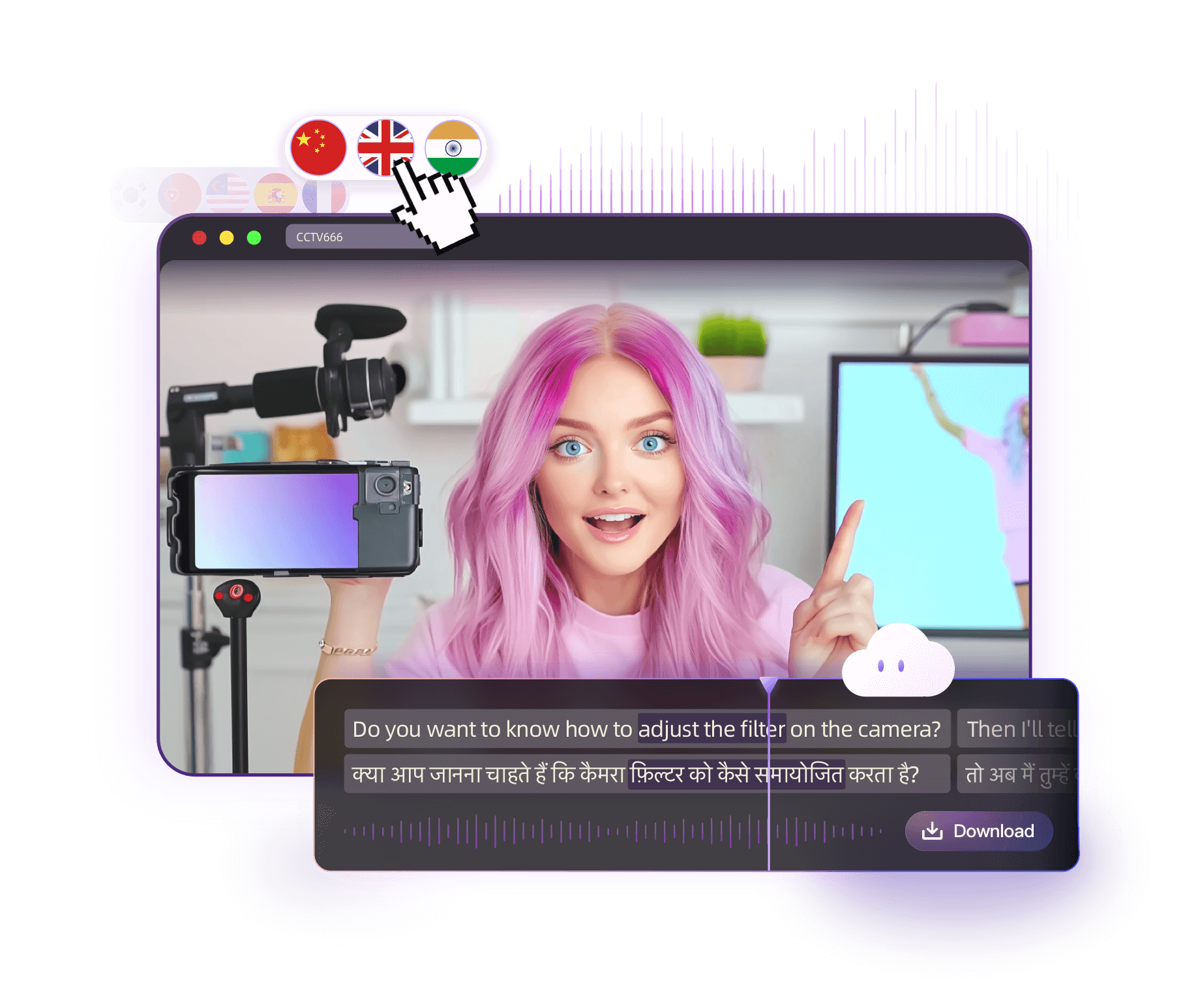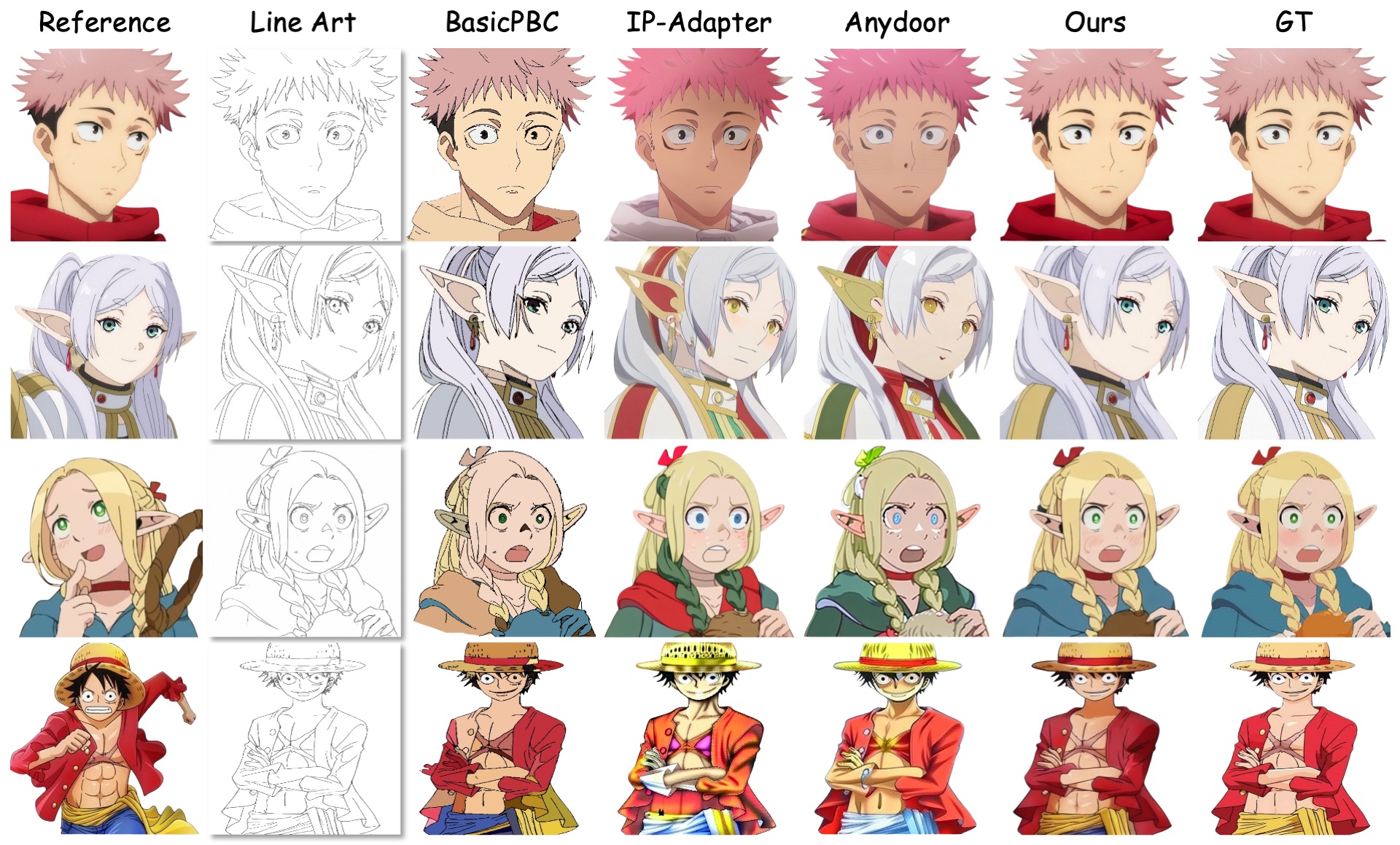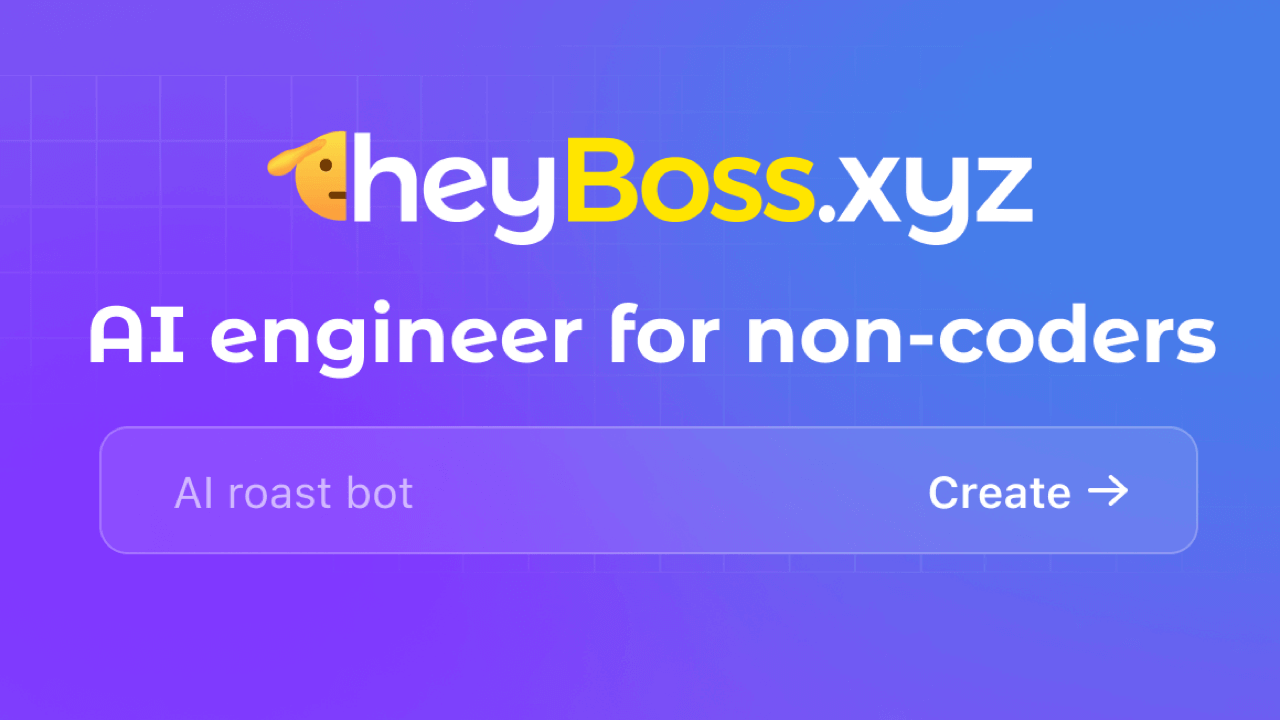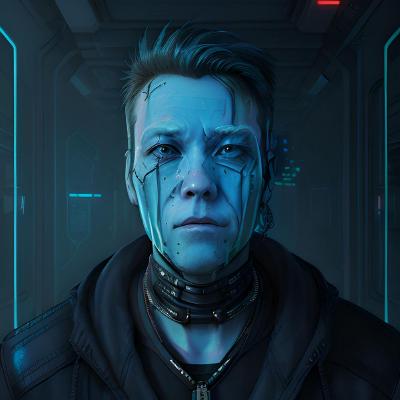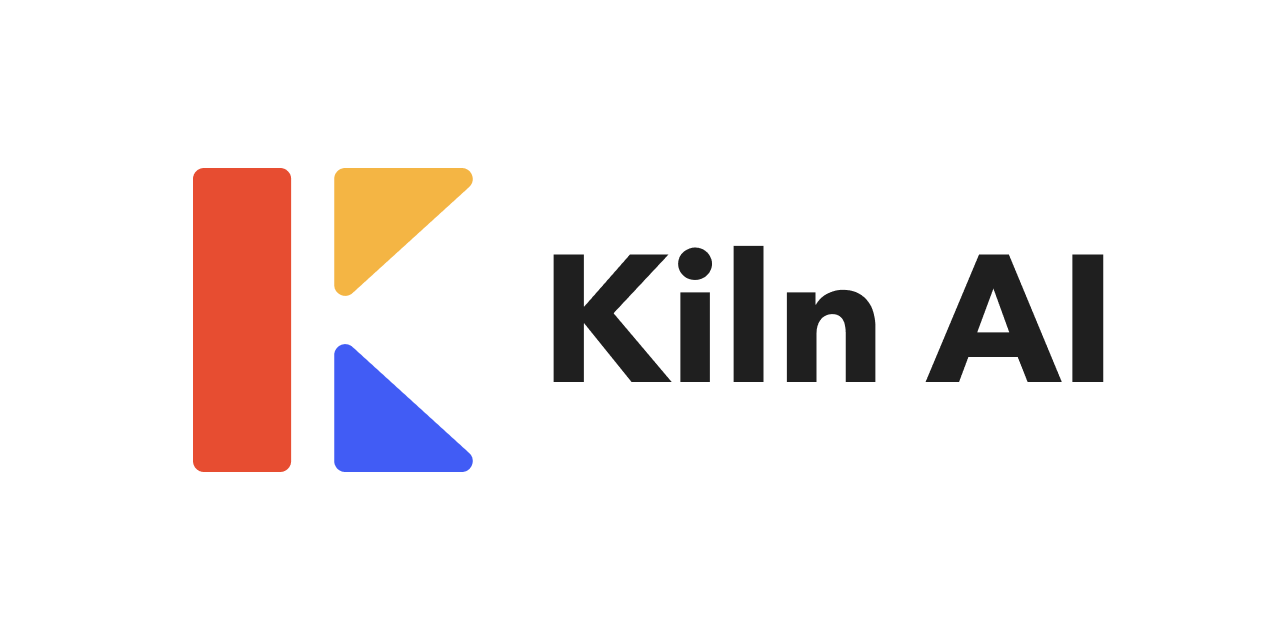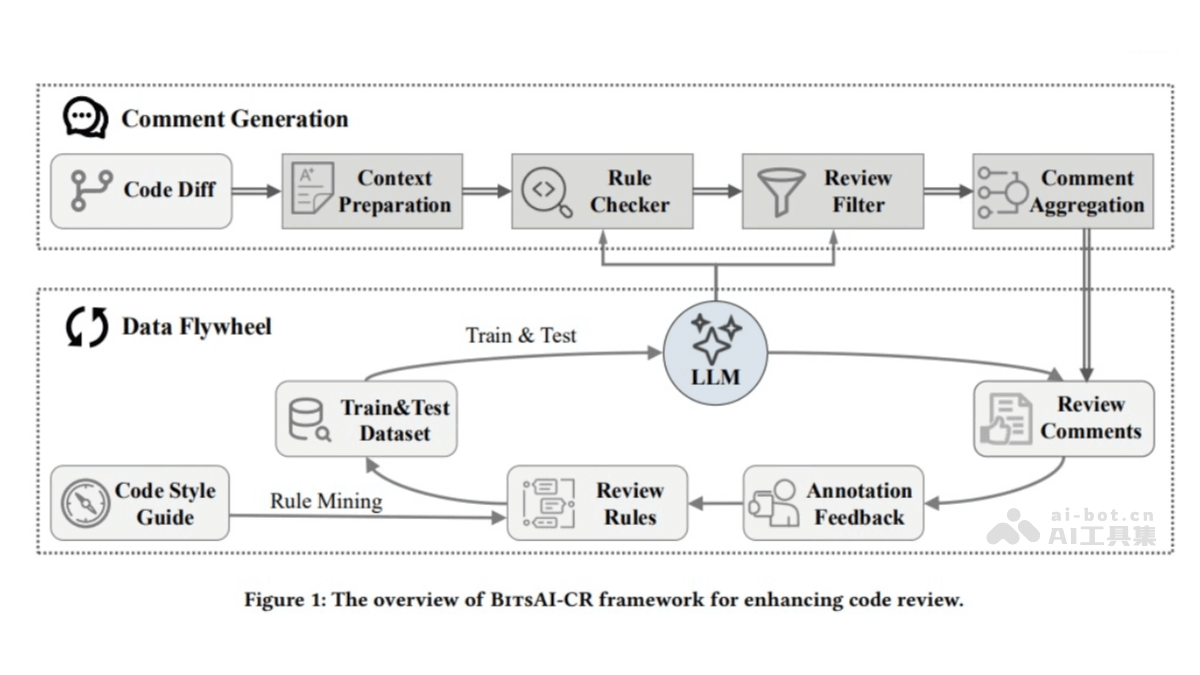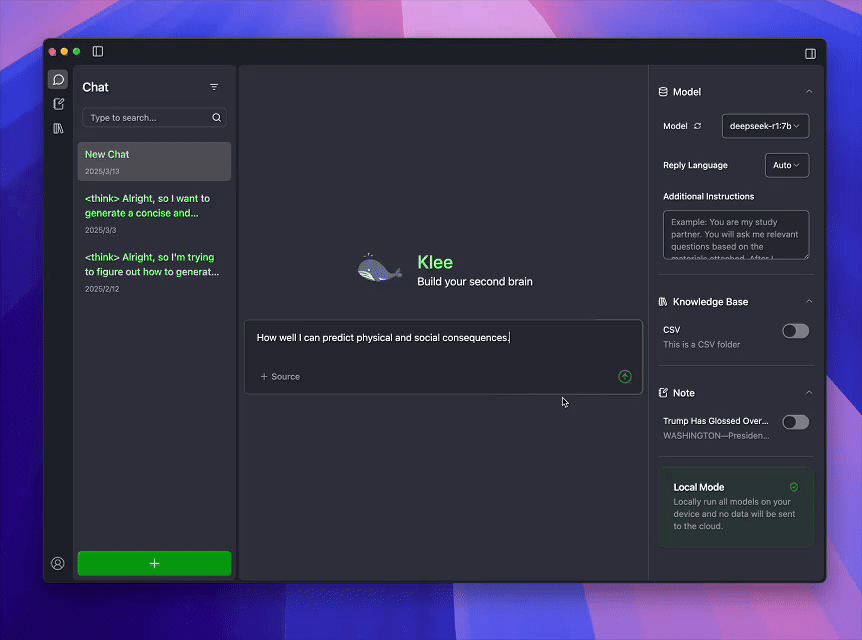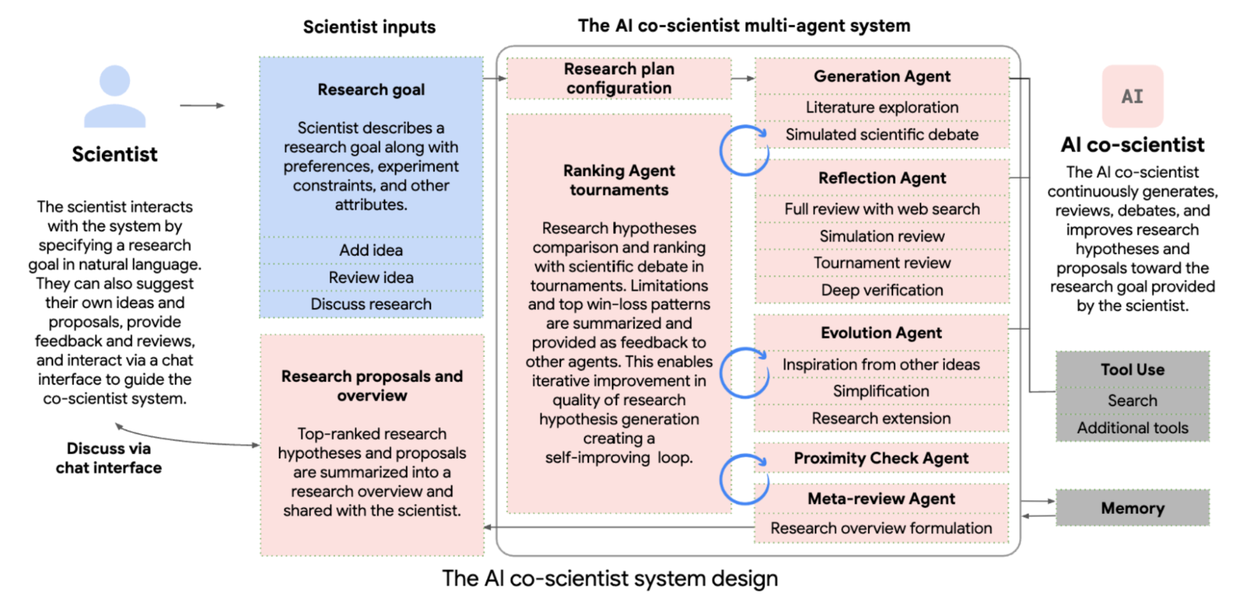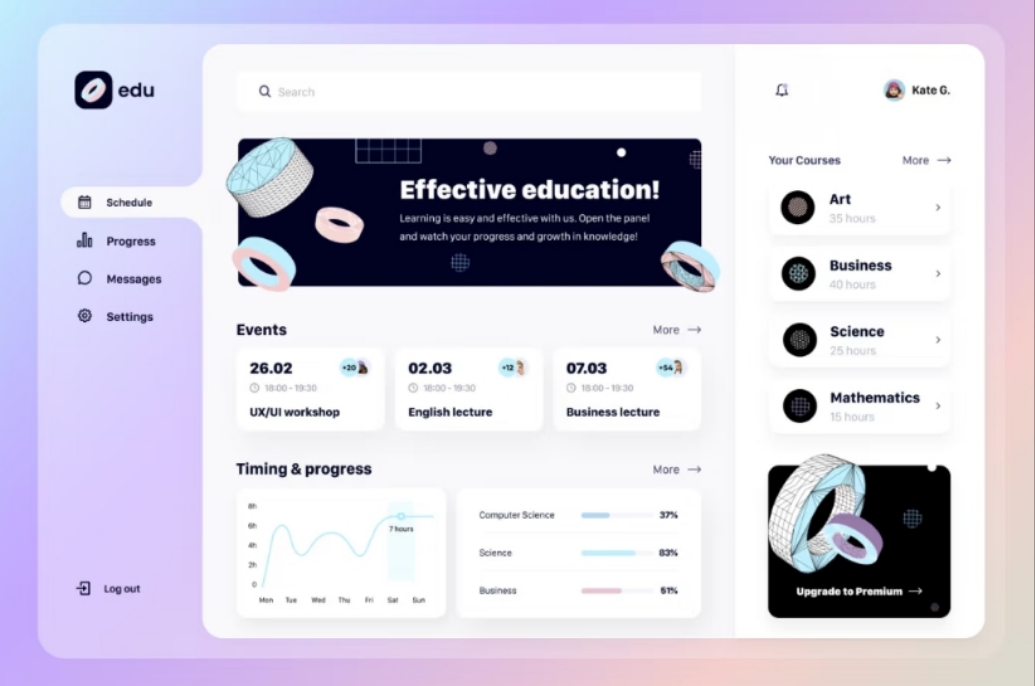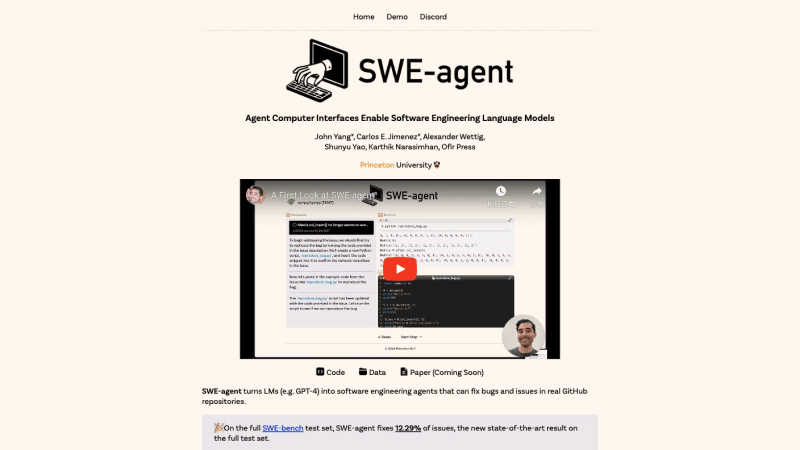All Tools Complete list of AI tools for every need, sorted by newest first
OpenScholar is a retrieval-augmented language model developed by the University of Washington and Allen AI Institute. It assists scientists in answering questions by retrieving and synthesizing relevant scientific literature. The system utilizes a large-scale scientific paper database, custom retrievers and re-rankers, and an optimized 8B parameter language model to generate accurate, literature-based answers. OpenScholar outperforms existing proprietary and open-source models in providing factual answers and accurate citations, with OpenScholar-8B achieving 5% higher correctness than GPT-4o and 7% higher than PaperQA2 on the ScholarQABench. All related code and data are open-source, supporting and accelerating scientific research.
Colorify Rocks is an AI-powered color palette generator that creates harmonious and appealing color combinations based on user-provided keywords or themes. It leverages advanced AI technology to understand color theory, trends, and aesthetics, making it an ideal tool for designers and creative professionals. Users can input descriptive terms, click generate, and receive color codes suitable for websites, branding, or interior design projects. The tool also updates featured colors daily, offering design inspiration and detailed information on color attributes.
Gliglish is an AI-powered language learning platform that uses advanced speech recognition and natural language processing technologies to simulate real conversation scenarios. It allows users to interact with AI through voice, helping them improve their language skills in practice. The platform supports multiple languages, including English, Chinese, Japanese, Korean, German, and French, and is continuously expanding its language library. Users can adjust the conversation speed based on their learning progress and receive instant feedback on grammar and pronunciation. Gliglish also offers translation features and conversation suggestions to assist beginners in participating in dialogues. A major advantage of Gliglish is its accessibility anytime without the need for appointments, making learning more flexible.
WeaveFox, developed by Ant Group, is an AI-powered frontend development platform that transforms design images into frontend source code. Built on the Bailing multimodal model, it supports various application types like consoles, mobile H5, and mini-programs, and is compatible with technology stacks such as React and Vue. WeaveFox enhances development efficiency and quality, allowing for secondary adjustments to meet personalized needs and ensuring precise design reproduction. Currently in closed-source development, it is set for an official release next year, promising a revolutionary experience for frontend developers.
ViiTor AI is an AI-driven platform designed to enhance interactivity and accessibility through advanced technologies like video translation, voice cloning, and dynamic voice synthesis. Supporting 18 languages, it allows users to create private voice libraries and transform static images and videos into dynamic content. The platform caters to individual creators, the education industry, commercial marketing, and the translation industry, leveraging AI to break language barriers and promote global communication. With its high quality, convenience, speed, and accuracy, ViiTor AI helps businesses expand into global markets by giving products the ability to 'hear' and 'speak.'
ChiChat is an AI-driven intelligent assistant platform that integrates multiple cutting-edge models to provide services like personal knowledge base management, voice processing, and creative image generation. It supports natural language interaction, real-time search, multi-page document analysis, and multi-layer image recognition. Additionally, ChiChat incorporates the DALL-E image model for generating creative images from natural language descriptions. Accessible via any browser, it can be installed as a Progressive Web App (PWA) on various systems.
MangaNinja is an advanced AI tool designed for line art coloring using reference images. It features precise color matching and detailed control, making it ideal for high-quality interactive coloring experiences. The tool incorporates innovative patch rearrangement modules and point-driven control schemes to enhance coloring accuracy and image quality. It can handle diverse coloring challenges, including extreme poses and coordination of multiple reference images, ensuring professional-grade results.
OpenHands is an AI programming tool designed to enhance development efficiency through multi-agent collaboration. It reduces the coding workload for developers by automating tasks such as code writing, command line operations, and web browsing. OpenHands provides a secure sandbox environment, robust interaction mechanisms, and a comprehensive evaluation framework. It supports the development of new agents, secure code execution, coordination among multiple agents, and evaluation across various tasks. OpenHands covers 15 benchmarks in fields like software engineering and web browsing, making it a valuable tool for both academic and industrial research and applications.
Joyland is an immersive AI chatbot platform that enables users to design unique AI characters, build friendships with anime-style companions, and create text-based adventure worlds. Users can customize the appearance, personality, and background of their characters, and witness their growth through interactions. The platform also offers tutorials on chatbot creation, role-playing AI development, and AI image generation, helping users explore the full potential of AI.
Heyboss is an AI programming tool developed by Heeyo, designed to enable users to create AI applications, websites, and games without writing code. By simply inputting ideas or uploading files, users can generate fully functional projects in minutes. The tool supports multimodal content generation, integrating design, product requirements, front-end and back-end interaction, and database operations into a single platform, making it ideal for rapid prototyping and zero-code development.
Roop-Unleashed is an open-source project based on Roop, dedicated to the implementation and optimization of Deepfake technology. Users can quickly achieve face replacement in images and videos without undergoing complex training processes. The tool provides a simple and user-friendly experience through a browser-based graphical interface (GUI) and supports cross-platform operation on Windows, Linux, and macOS systems. Key features include multiple face-swapping modes (e.g., by gender, first detected face), batch processing of images and videos, face masking, face restoration and enhancement, real-time preview, and virtual camera functionality for live face-swapping applications.
WhisperKeyboard is an AI voice input tool leveraging OpenAI's Whisper speech recognition technology. It enables real-time speech-to-text conversion, supporting multiple languages and enhancing productivity in various scenarios such as programming, writing, and chatting. Key features include offline speech recognition, real-time text refinement, and multi-language translation. The tool ensures privacy by processing speech data locally without cloud uploads.
Kiln AI is an open-source AI development tool designed to simplify the fine-tuning of large language models (LLMs), synthetic data generation, and dataset collaboration. It offers an intuitive desktop application compatible with Windows, macOS, and Linux, enabling users to fine-tune various models (such as Llama, GPT4o, and Mixtral) without coding. Kiln AI provides interactive tools for generating training data, supports Git-based version control for team collaboration, and ensures data privacy and security. The Python library is open-source, allowing developers to integrate it into existing workflows.
BitsAI-CR is an automated code review tool developed by ByteDance, designed to streamline the code review process using a large language model (LLM). It employs a two-stage approach: RuleChecker identifies potential issues based on 219 predefined rules, and ReviewFilter validates these issues to ensure accuracy. The tool introduces an "Outdated Rate" metric to measure developers' acceptance of review suggestions, enabling continuous optimization of review rules through a data flywheel mechanism. BitsAI-CR supports multiple programming languages and integrates seamlessly into existing code review workflows, making it a valuable asset for large-scale software development teams.
Klee is a localized AI desktop application that prioritizes data security and privacy. It operates entirely on the user's device, eliminating the need for cloud data transmission, thus ensuring data privacy and security. Klee offers robust AI functionalities, including file management, note-taking, and task planning, and supports open-source AI models like Llama 3 and Mistral. It provides a lifetime free privacy mode for individual users, making it suitable for students, researchers, and freelancers. For teams and enterprises, Klee supports team collaboration features, shared knowledge bases, and role management.
LangBot is an open-source, multimodal chatbot platform designed for seamless integration with various instant messaging platforms like QQ, WeChat, Feishu, and Discord. It supports multiple large language models (LLMs) such as ChatGPT, DeepSeek, and Gemini, enabling text, voice, and image interactions. LangBot includes built-in features like access control, rate limiting, and sensitive word filtering to ensure stability and security. It also offers a plugin system and a web management panel for customization and easy bot management.
AI co-scientist is a multi-agent AI system developed by Google, designed to function as a virtual research assistant. It helps researchers manage scientific tasks such as research topic selection, literature review, and experimental design. Powered by Gemini 2.0, the system employs multiple agents for generation, reflection, ranking, and evolution to simulate the entire scientific research process. It can understand research objectives, generate innovative hypotheses and research plans, and enhance reasoning capabilities through "test-time computation." AI co-scientist has demonstrated promising results in areas like drug repurposing, target discovery, and antibiotic resistance mechanisms, showcasing its potential to accelerate scientific discovery.
We0 is an open-source AI code editor tailored for developers and product managers. It enables running and debugging code directly in the browser, leveraging a WebContainer environment. With high-fidelity design restoration, it improves design draft accuracy to 90%. We0 supports multiple frameworks like Vue, React, Next.js, Python, and Java, facilitating rapid AI application development and deployment. It also integrates with WeChat Mini Program Developer Tools, offering seamless debugging for mini-program developers. Available for both Windows and Mac, We0 also operates in web containers, ensuring flexibility across different scenarios.
SWE-agent is an open-source AI programmer and software engineer system developed by researchers at Princeton University's NLP group. It leverages large language models (e.g., GPT-4) to automatically resolve issues in GitHub repositories. The system interacts with codebases through an Agent-Computer Interface (ACI), enabling it to perform tasks such as browsing, editing, testing, and executing code. SWE-agent has demonstrated accuracy similar to the closed-source AI programmer Devin on the SWE-bench test set, solving issues in an average of 93 seconds and achieving state-of-the-art (SOTA) performance.
BrushNet is an image inpainting model developed by Tencent's ARC Lab and researchers from the University of Hong Kong. It uses a dual-branch architecture to decompose and process masked areas in images, ensuring high-quality restoration while preserving the original image's coherence. The model excels in handling various image types and styles, offering pixel-level precision and compatibility with pre-trained diffusion models.




